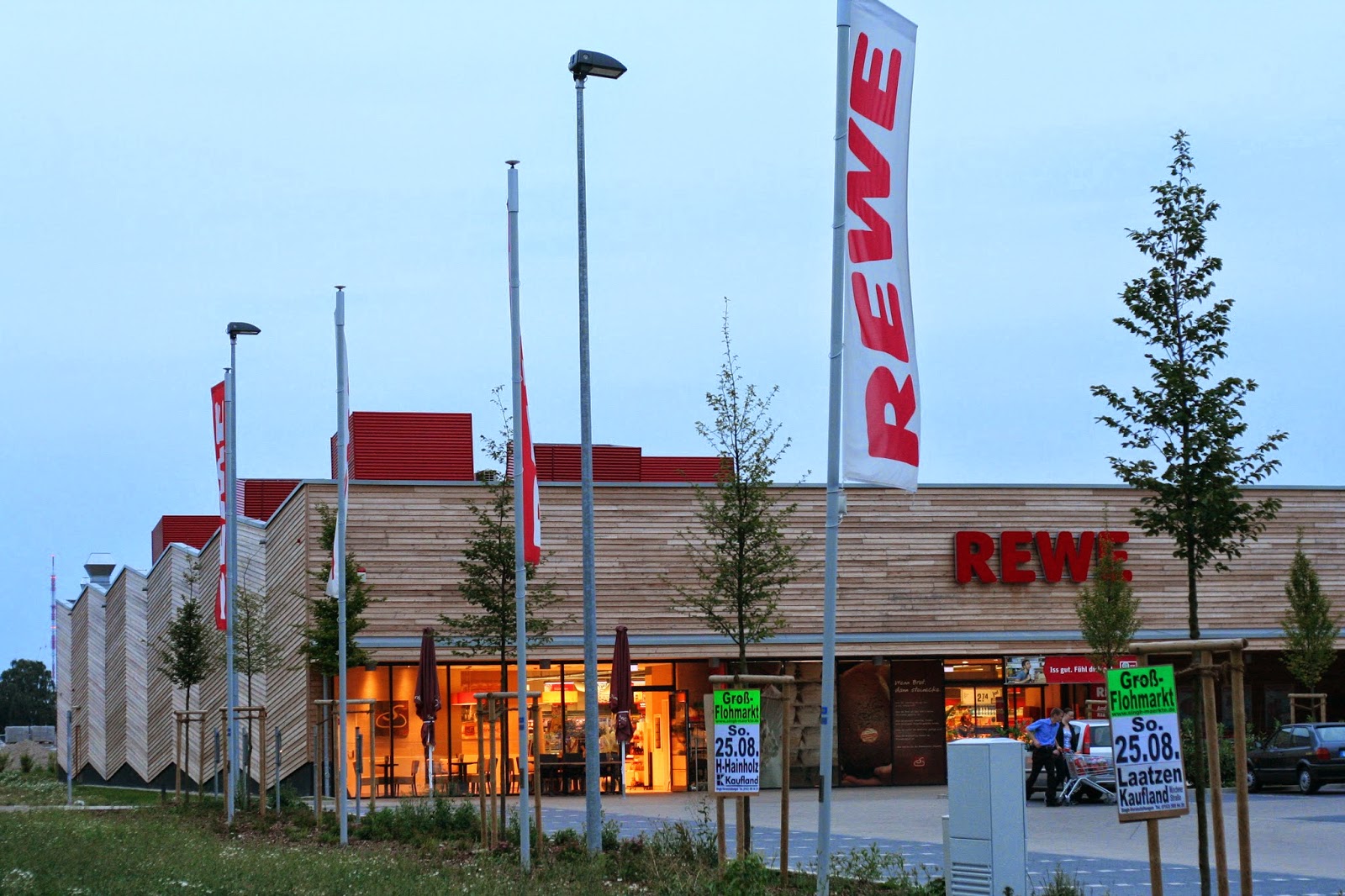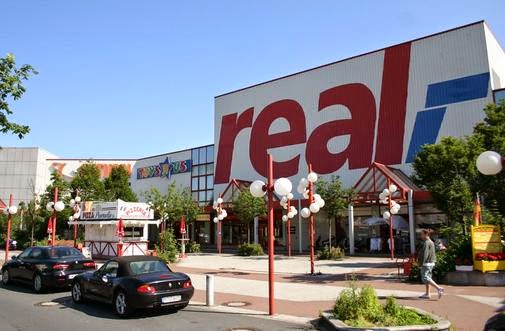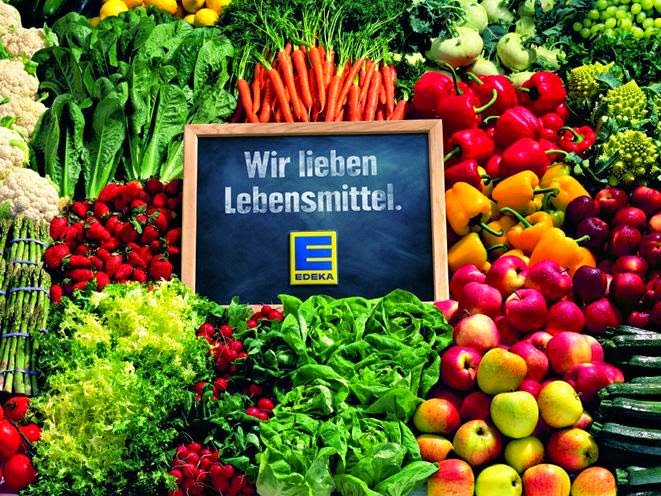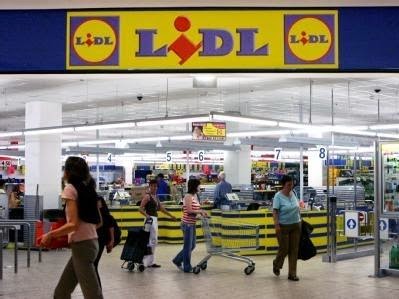Buying Groceries (Lebensmittel)
The first thing a foreigner notices in a German supermarket is a more
limited selection of brands and products. (The selection in Switzerland
and Austria can be even more limited.) While a native supermarket
may offer 20-30 different breakfast cereals, a German one may only have a
dozen or so (including a few you’ve never seen before!). On the other
hand, German grocery stores usually offer a wider selection of cheeses,
meats, bread varieties and other foods, although many Germans still
prefer going to a butcher shop (
Metzgerei), a bakery (
Bäckerei) or pastry shop (
Konditorei) for such things.
The second thing you may notice is that the checkout clerks are seated at their cash registers rather than standing. Checkout (
die Kasse)
in a German grocery store is much like that in the countries, with laser
scanners, etc. But you may feel rushed as you try to pay and bag all
your groceries yourself! (That is
not the cashier’s job and baggers
are extremely rare.) The next customer in your checkout lane will soon
be shoving his or her way into your space. And don’t forget to bring
your own shopping bag – or you’ll have to pay for one. you can click the images, for online links of the shops.
More grocery store differences:
- Credit cards (Kreditkarten) Very few German grocery
stores (or any stores for that matter) accept credit card payment, and
then only in tourist areas or at larger stores. Most will accept the EC
bank card (which requires a German bank account), but your best bet is
plain old cash. There’s usually an ATM (Geldautomat) in the store.
- Shopping carts: You’ll need a one-euro coin for the shopping
cart deposit. (The smaller plastic baskets don’t require any deposit.)
Just insert the coin into the slot to unlock the cart. When you return
the cart, you get your coin back.
- Weighing veggies/fruit: Many grocery stores require you to
weigh and bag fruits and vegetables on a scale in that department before
you go to the checkout stand. Some stores have scales at the registers,
but you still usually need to put your items in a plastic bag.
- Organic/natural foods: Germans are big on “Bio”
(natural/organic), and you will find a good selection of organically
grown food in German supermarkets and Bioläden.
- Bottle return (Leergut) Most of the beverage glass
and plastic bottles you get in Germany/Europe have a deposit value that
you can get back by returning them to any market (not necessarily the
one where you bought them). Kaiser’s and some other grocery chains have
automated machines that scan each bottle and determine the deposit
value. You get a ticket (Bon) with the total amount, which you give to the cashier at checkout to get your cash.
- Real orange juice (direkt gepresst): Most Germans drink the normal bottled orange stuff they call orange juice (Orangensaft)
– but really isn’t and tastes like crap. If you want the real thing,
you have to make your own or go to the refrigerated section and look for
cartons labeled “direkt gepresst” (directly squeezed, sometimes found
in a special glass-door fridge). Other juices are also available direkt gepresst as well.









No comments:
Post a Comment